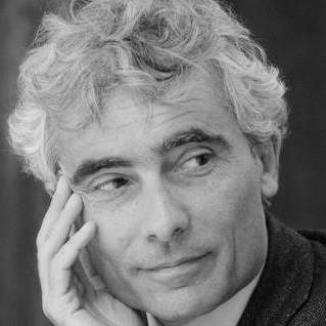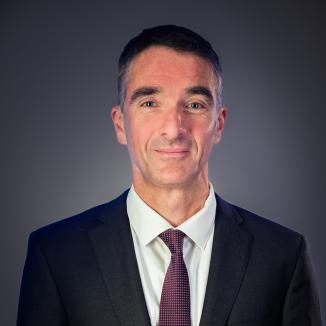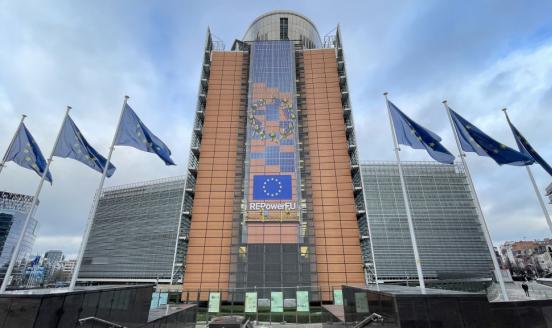Halftime for the European Union’s recovery fund: is the glass half full or half empty?
How has the RRF performed at its halfway point in terms of implementation, results orientation and additionality for future EU funding instruments?
Speakers
Tito Boeri
Professor and Head of the Economics Department, Bocconi University
Géraldine Mahieu
Director for Investment, growth and structural reforms, European Commission, DG ECFIN
Laurent Maurin
Head of the Economics Studies Division, EIB Economics Department
Agenda
Check-in & lunch
12:30-13:00Agenda
Discussion
13:00-13:45- Chair: Zsolt Darvas, Senior fellow
- Tito Boeri, Professor and Head of the Economics Department , Bocconi University
- Géraldine Mahieu, Director for Investment, growth and structural reforms, European Commission, DG ECFIN
- Laurent Maurin, Head of the Economics Studies Division, EIB Economics Department
Agenda
Q&A
13:45-14:00Ask your question on Sli.do #RRF
The Recovery and Resilience Facility (RRF), the largest component of the European Union’s landmark Next Generation EU programme enacted in 2021, has passed its halftime. The European Commission presented a very positive assessment of the RRF in its mid-term evaluation, which was also supported by an independent evaluation. However, implementation is belated, while questions about the RRF’s results orientation and additionality remain open. What lessons to learn from the RRF for the future design of EU funding instruments?






